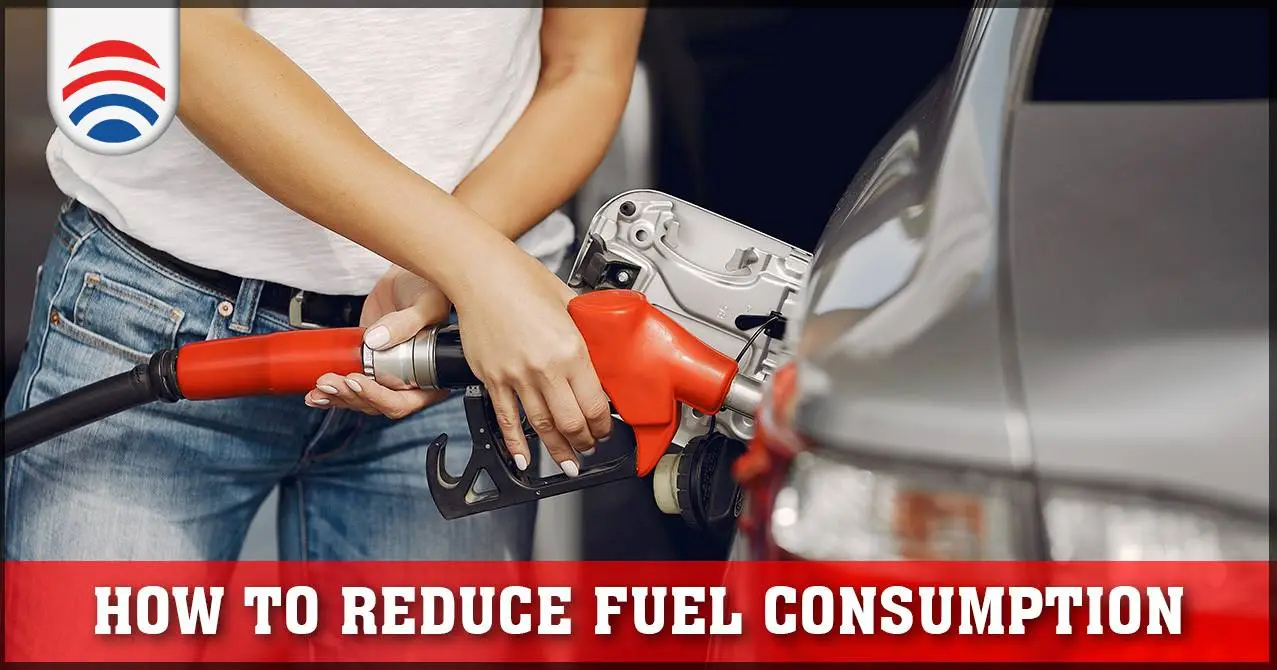
It is undeniable that fuel prices are rising constantly. Companies that are dealing with day-to-day transportation face the problem of unnecessary consumption. The reason behind it could be unplanned routes, harsh driving, or some other issues. In countries like the US, businesses like asset management, logistics, delivery, or shipment face several challenges. One such challenge is unnecessary fuel use that affects your business profitability. These businesses are unable to understand how to reduce fuel consumption.
According to some research, people prefer buying economic cars. But, they didn’t see any reduction in use. The solutions to deal with these issues include GPS trackers, telematics, fuel sensors, and scalable mobile apps.
Contact us for your GPS tracker certificates.
Here are a few useful suggestions to help you save fuel. Try these tips and save those extra expenses.
It is an important reason for unnecessary petrol burning. Make sure the petrol quality must be high. The reason behind this is that low-quality petrol results in more engine burning and more use. It is better to ensure the tank filled with high-quality petrol. Make sure the tank is filled with one-quarter of the total volume. Otherwise, less petrol causes stress on petrol pump. It is better to keep the tank one-half.
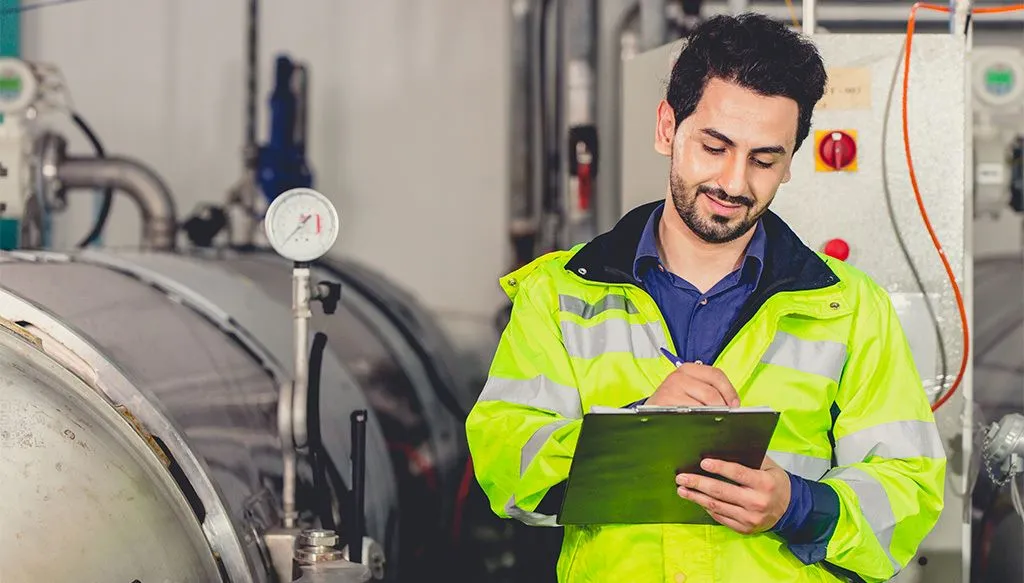
Make sure that the tires are inflated. Underinflated tires are the reason behind higher rolling resistance on the road. Increased fuel use results in rolling resistance and friction. For a smoother drive, tires must have the correct pressure. Therefore, it is better to check the tire pressure every week.
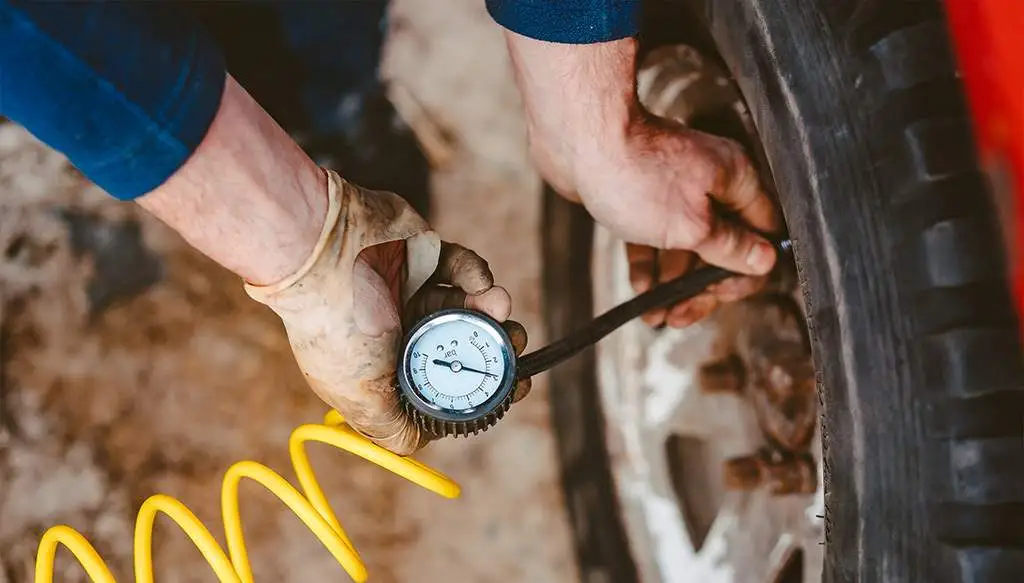
Car AC also has an impact on efficiency. It is better to know the tricks. If you want less impact of AC on the petrol use, make sure you turn off the AC if starting the car from zero. It is a fact that when a car starts from zero, it drains more power and consumes more petrol. Besides this, if the AC is on it results in more load than normal. Therefore, it is better to start the AC once the speed of the vehicle becomes steady.
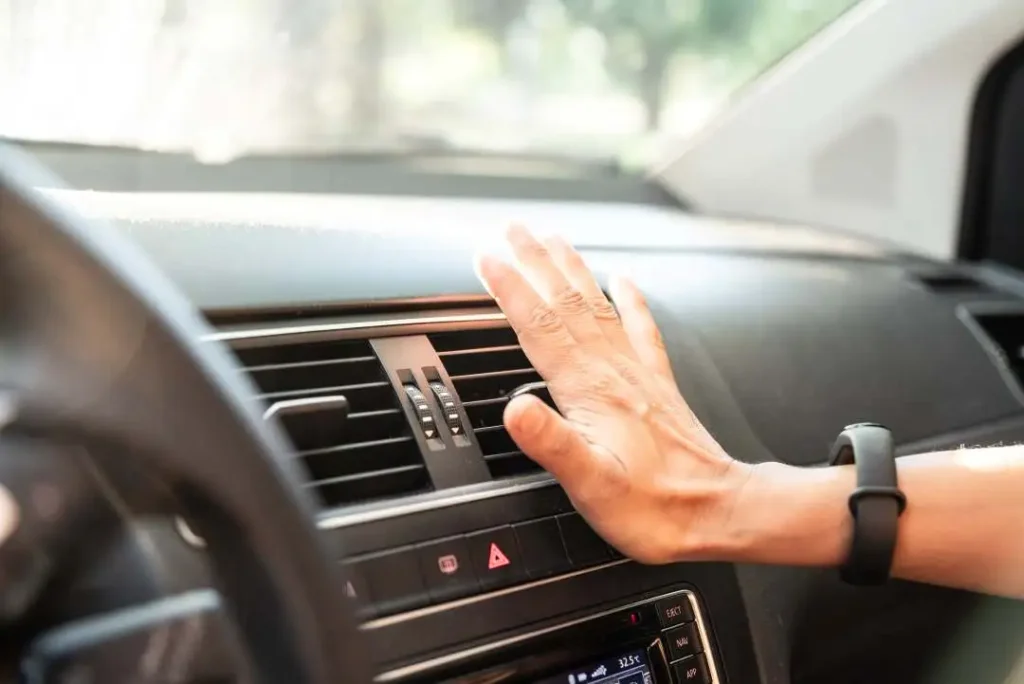
Fuel use is also much affected when the vehicle is moving slowly on the roads. When driving on the local road, you should not accelerate your car more than 60 km/h. On the highway, be sure to maintain a speed of 100 km/h. It will result in reduced fuel consumption. Make sure the speed of your vehicle is constant; it will result in better fuel economy.
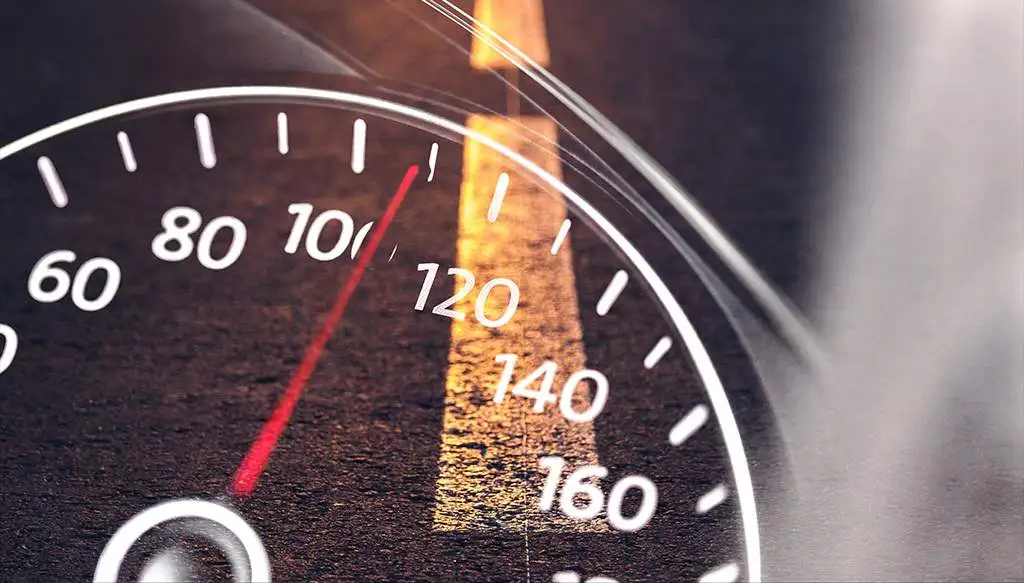
Regular wheel alignment and balancing checks are recommended. Balancing and alignment both affect the petrol efficiency of a vehicle. Disruption in both alignment and balancing might result in gurgling at higher speeds. Therefore, it is better to check properly before driving.
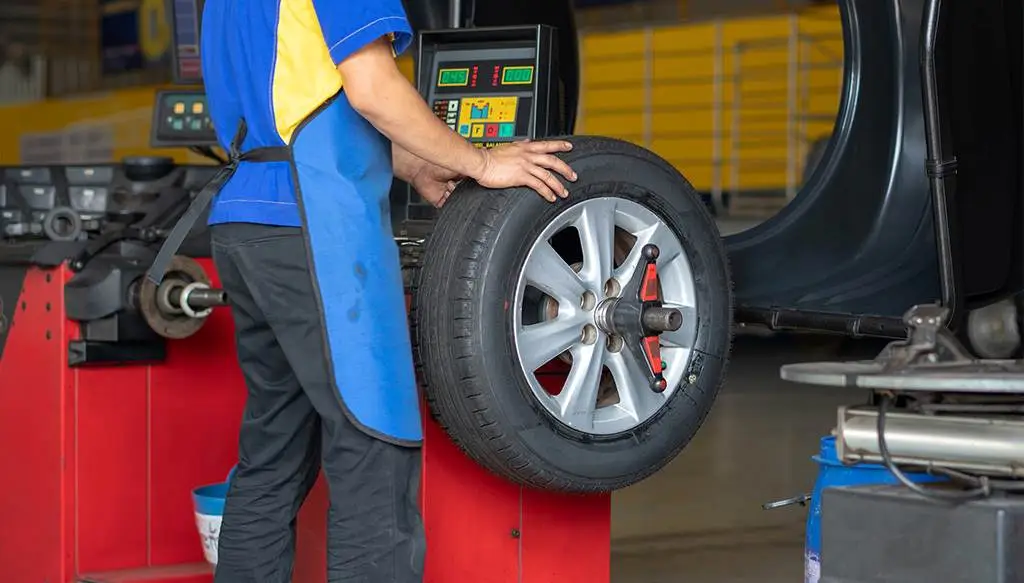
Idling is also another factor that burns petrol. When a car’s engine is running, but the vehicle is not moving, fuel burns continually. Mostly, transportation companies face such issues because of drivers’ ignorance. They leave the vehicle engine on, and it results in unnecessary petrol wastage. These difficulties put a strain on the businesses’ finances. Therefore, it is advised to focus on careful driving and reduce habit of idling.
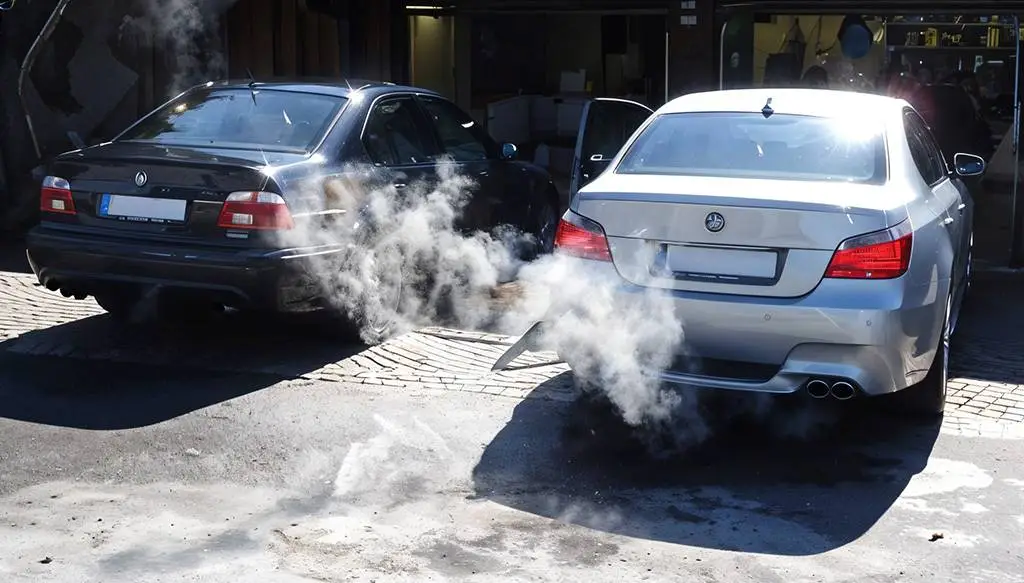
Regular oil change is recommended. Negligence in doing so results in excessive petrol consumption. Therefore, it is better to change the oil regularly. Make sure that you don’t drive beyond the engine oil limit. It is better to use a high-quality oil for this purpose. There are many fake engine oil providers in the market, so be careful while making a purchase.
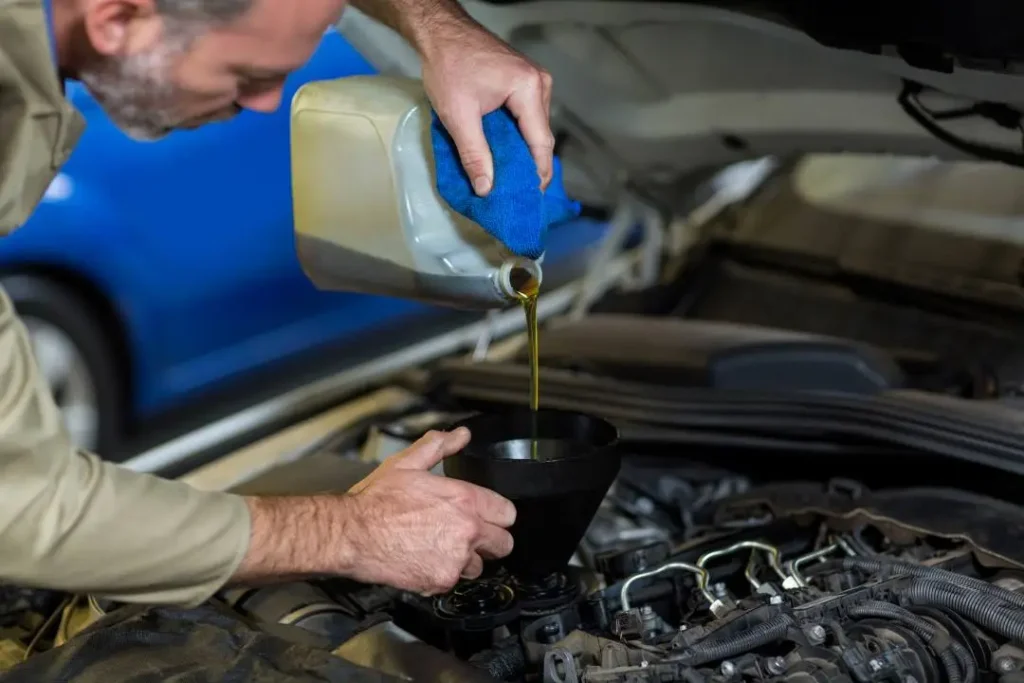
Make sure the tank cap of the petrol is sealed. Improperly closed tank cap means petrol evaporation. It is advised to close the petrol tank tightly and drive on the smooth route. Driving on bumpy routes results in consuming more petrol. It is better to take long but smooth routes. Maintain a specific speed, close the petrol tank cap, and go on the smooth route.
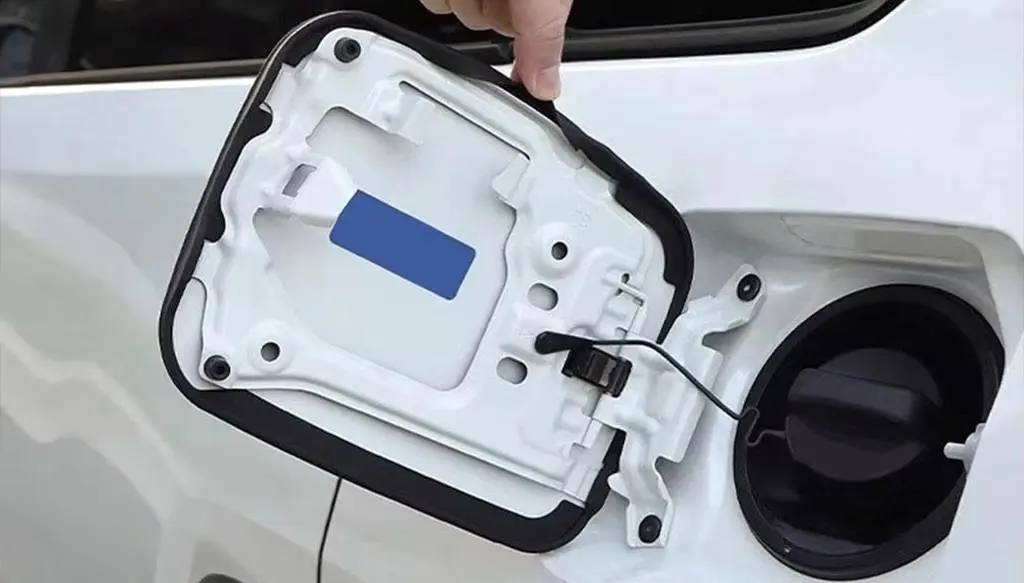
Make sure the vehicle windows are closed. Driving with closed windows results in reduced drag and increasing the average. It is advised to turn on the AC while driving rather than windows down. Avoid loading the vehicle with extra loads. Extra load means more power to operate and more energy. Therefore, ensure the vehicle doesn’t have any extra load.
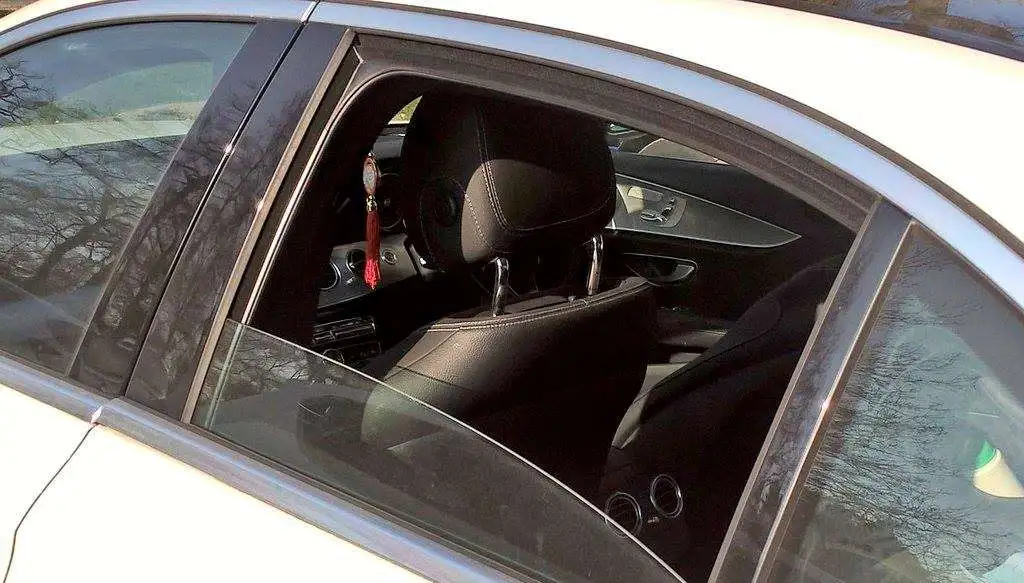
Timely maintenance for proper functioning is advised. Timely repair and maintenance let you know the broken parts or any other inefficiency. Know the issues in your vehicle and reduce the chances of unexpected breakdowns or extra-fuel use. Take the vehicle to the auto repair and let your vehicle drive with reduced fuel use.
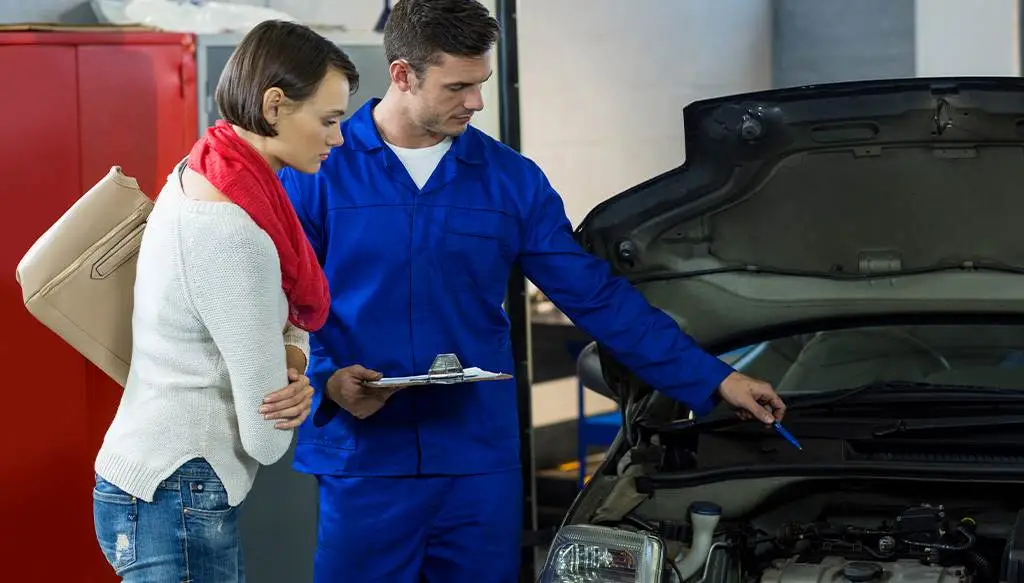
If you are also in search of how to reduce use of fuel, then there are some advanced solutions for it. Yes, the fuel monitoring is one such technology that helps to manage the petrol cost and save extra expenses. Advanced sensors, GPS, telematics, and scalable platforms combine to keep an eye on the petrol level. It provides several benefits to your business.
You will get various key benefits, from reduced expenses, on-time delivery, and theft prevention to driver behavior monitoring. Ensure your vehicle has advanced technology integration like GPS and sensors. It will help you keep an eye on the petrol level and manage the extra expenses.
There are some advanced tools and technologies that you will get to keep an eye on and manage petrol usage. Not only the tools but some top tricks help in managing the petrol usage. Make sure the use of high-quality fuel, tire inflation, AC, limit the speed, wheel alignment, and balancing, and avoid vehicle idling. Ensure you change the engine oil, close the tank cap, avoid loading, and ensure timely maintenance.
The best way to reduce unnecessary petrol consumption is to limit the speed, close the tank cap, avoid loading, and change engine oil timely.
Check the tire pressure, de-clutter the car, avoid idling, brake gently, and keep the speed constant.
